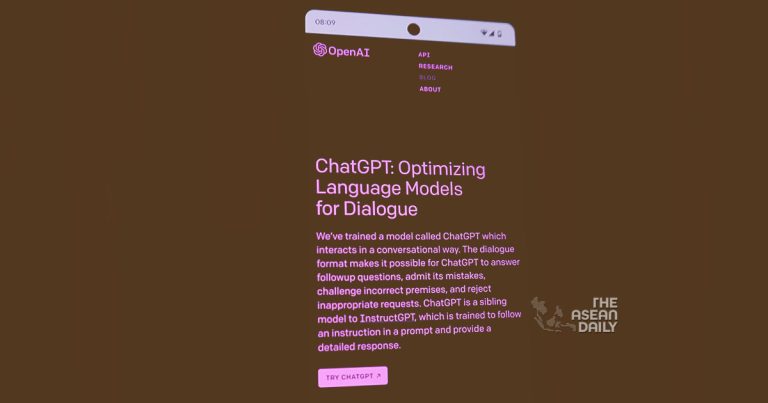21-9-2023 (NEW YORK) A proposed class-action lawsuit, filed on September 19th in Manhattan federal court by the Authors Guild, has thrust OpenAI into legal turmoil. The lawsuit, representing a group of prominent writers including John Grisham, Jonathan Franzen, George Saunders, Jodi Picoult, and George R.R. Martin, renowned for “Game of Thrones,” alleges that OpenAI unlawfully trained its popular AI-based chatbot, ChatGPT, on their literary works.
This legal action is part of a broader wave of lawsuits targeting generative AI providers. Writers, source-code owners, and visual artists have raised similar grievances against entities like Meta Platforms and Stability AI over the usage of data for training their AI systems. The Authors Guild’s involvement underscores the growing concerns within the creative community regarding the impact of AI on their intellectual property.
The lawsuit also includes esteemed authors such as Michael Connelly, known for “The Lincoln Lawyer,” and lawyer-novelists David Baldacci and Scott Turow.
OpenAI and other AI defendants have asserted that their use of training data scraped from the internet falls under the fair use doctrine as defined by US copyright law. However, these legal challenges are testing the boundaries of what constitutes fair use in the context of AI-powered content creation.
A spokesperson for OpenAI responded to the lawsuit, stating that the company respects authors’ rights and is actively engaged in discussions with creators worldwide, including the Authors Guild. The case highlights the complex intersection of AI, intellectual property, and the rights of content creators.
Mary Rasenberger, CEO of the Authors Guild, expressed the importance of authors having control over how their works are utilized by generative AI. She emphasized that this control is essential to “preserve our literature” in an era marked by rapid advancements in AI technology.
The Authors Guild’s lawsuit asserts that the datasets used to train OpenAI’s expansive language model, which enables it to respond to human prompts, included text from the authors’ books, potentially sourced from illicit online “pirate” book repositories. The complaint contends that ChatGPT can generate accurate summaries of the authors’ books upon request, suggesting that their content is present in its database.
Furthermore, the lawsuit raises concerns about the possibility of authors being replaced by systems like ChatGPT, which have the capability to generate low-quality ebooks, impersonate authors, and potentially displace human-authored books.




